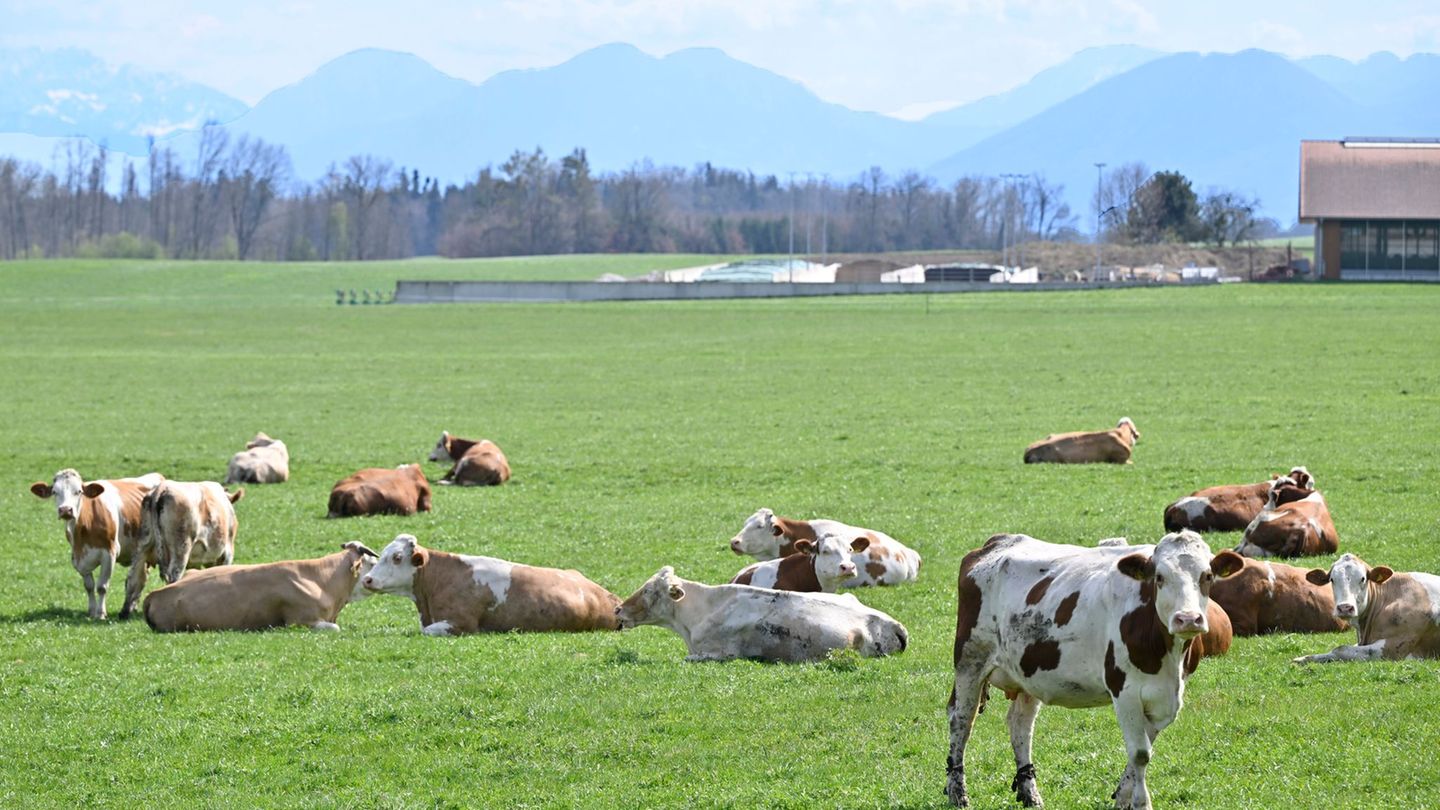“For some companies, the total costs have already increased by up to 50 percent due to energy prices. Companies are now being forced to reduce production or face high penalties because it is impossible to keep supply contracts,” says Chairman Max Oberhumer.
In a broadcast from the industry division of the Styrian Chamber of Commerce, there were concerns about “thousands of jobs and hundreds of economic livelihoods”. Energy-intensive companies are particularly affected: “The war in Ukraine is exacerbating the problem of rapid increases in energy prices, scarcity of raw materials and fragile supply chains,” Oberhumer continued. “Quite a few industrial companies are already being forced to reduce their production because the additional costs can no longer be passed on to customers.” In addition, there is the problem of existing delivery obligations, according to Oberhumer. One is faced with the choice: “Try to swallow the additional costs yourself or pay the penalty.”
“The current energy prices have a massive threat potential”
Together with Federal Chairman Siegfried Menz, Oberhumer called for electricity price compensation in accordance with the European Emissions Trading Act and the establishment of a decarbonization fund to support the transformation of production companies. They described the security of supply with gas as the sword of Damocles.
Several industrial companies underline the concern and called for measures: Herbert Decker from Maschinenfabrik Liezen said: “The current energy prices have a massive potential threat. From a business perspective, there is currently no way to compensate for these galloping price increases, only the chance to pass them on to the markets The situation is made particularly complex by the fact that there seems to be no comprehensible and predictable market reaction at the moment. This also makes it practically impossible to estimate future developments.”
Other disadvantages
Andreas Werner from Brau Union described: “10 percent of the production costs are energy costs. If energy prices increase to the current extent, the additional costs can no longer be absorbed and must therefore be passed on to the customer on a pro rata basis.”
Georg Feith from the Stoelzle Glass Group, which is already particularly hard hit by the high energy requirements in glass production, brought up other disadvantages: “At European level, the electricity price compensation for CO2 in Germany and Italy already puts us at a competitive disadvantage. The bidding zone separation, which was introduced between Germany and Austria in 2018, also increases the price difference by currently 50 euros per MWh – that’s 25 percent of the electricity price. That means: In addition to the high prices, there are also special significant disadvantages in Austria.”
In addition to the increased energy costs in production, C&D Foods Austria is also hit by the high transport costs. “We sell more than 80 percent of our premium and organic pet food for dogs and cats outside of Austria in Europe and Asia. The annual additional expense is currently around one million euros,” said Managing Director Heinz Schabreiter.
Christian Heigl from HPDC Europe said that it was becoming increasingly difficult to remain competitive as an Austrian location: “As a supplier to the automotive industry, in addition to the prevailing chip shortage and the sometimes critical effects of the pandemic, we are now enormously affected by the situation in Ukraine volatile energy prices and potential supply insecurity. We have to pass the massive price increases on to our customers.”
Source: Nachrichten




